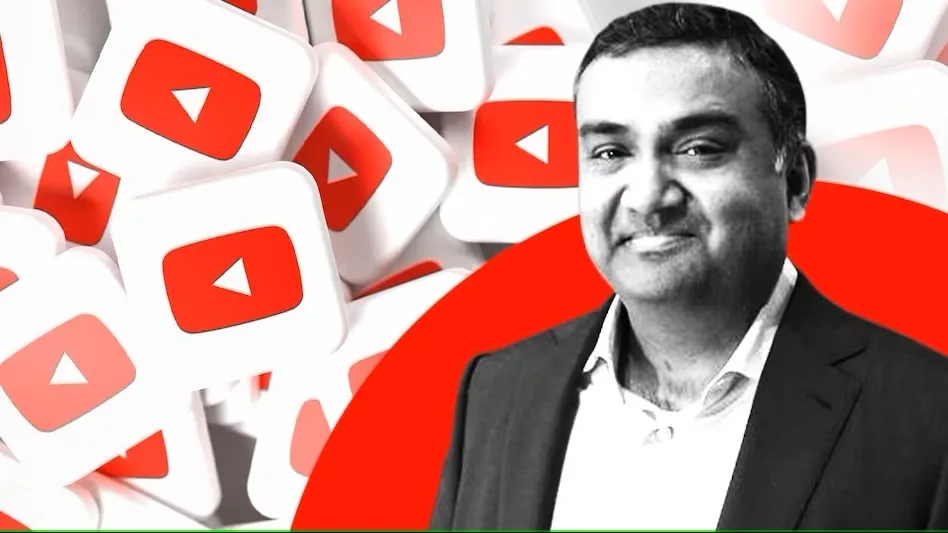
YouTube CEO Neal Mohan has criticized OpenAI regarding its Sora training, a text-to-video AI model, suggesting that using YouTube videos for this purpose would constitute a “clear violation” of YouTube’s Terms of Service (ToS). This marks the first public statement by the YouTube CEO on this matter.
Mohan added that he is not aware of whether OpenAI actually used YouTube videos to train Sora. Nevertheless, if this were true, it would be against YouTube’s policy.
Earlier, when OpenAI’s CTO, Mira Murati, was interviewed by Joanna Stern of The Wall Street Journal, she avoided directly answering whether Sora was trained on YouTube videos. Murati stated, “I am actually not sure about that,” and declined to provide further clarification, stating, “I’m just not going to go into the details about the data that was used.“
The YouTube CEO also mentioned that Google’s Gemini AI model complies with YouTube’s policies and the individual contracts it has with creators. While AI models can scrape information like the channel name, video titles, or creator names, downloading or training on “transcripts” or “video bits” is not permitted.
Mohan added that Google enters into licensing agreements with individual creators, and some portion of YouTube videos might be used for training Google’s AI models.
OpenAI has encountered ongoing challenges regarding intellectual property rights related to training AI models. The New York Times initiated a lawsuit against OpenAI for copyright infringement, and more recently, The Intercept also filed a lawsuit against the organization. With these developments, the response from OpenAI to allegations of violating YouTube’s rules by potentially training its Sora model on YouTube videos remains to be seen.
The debate surrounding the training of AI models on licensed content raises significant questions about the intersection of AI development and copyright law. Let us know in the comments below.



